2 August 2024
Claudia Roth
Themesqi Minìstra vaś kultùra ta mèdia, Germània
Seravutno àkti k-o Evroputno Dives e Seripnasqo vaś o Genocìdi e Sintenqo aj Rromenqo p-o 2to Avgust 2024 k-o purano nazìsto kàmpi e koncentraciaqo aj eksterminaciaqo Auschwitz-Birkenau
Dear Holocaust survivors,
Dear Descendants,
Dear Excellencies,
Colleagues, Ladies and Gentlemen,
Dear Mr. Roman Kwiatkowski,
Dear Mr. Roman Rose,
Dear Mr. Marian Turski,
Dear democrats,
“I got on the train,” – Zilli Schmidt told me again and again, “and that day, August 2, we went to Ravensbrück. Those who stayed were killed. All of them.” On that day in Auschwitz, Zilli Schmidt lost her daughter Gretel, her father, her sister, almost her entire family. A loss, a deep pain. She shared it with me. This wonderful, strong woman died two years ago.
I was lucky to have met her.
Many of you must have gone through something similar to Zilla Schmidt, experiencing deep pain that does not fade, loss of family and friends.
Christian Pfeil, who survived the Holocaust, told us the moving story of his family. For you survivors, for your families, returning to this place must be a very difficult journey, a reopening of wounds that will never heal completely.
Therefore, I am especially grateful to you for your presence today:
For me personally and as a representative of the Federal Government of Germany, it is a special honor to have been invited here today and to be able to participate with you in the commemoration of this anniversary.
This place, Auschwitz, symbolizes the terror of the extermination of Nazi Germany. It symbolizes the Holocaust, a crime against humanity, the genocide of Sinti and Roma – it symbolizes so many immeasurable bestial atrocities, it symbolizes pain, suffering and mourning.
Around 23,000 Sinti and Roma were prisoners in Section IIb at Auschwitz-Birkenau. 4,300 were murdered here by gas on the night of August 2-3. Many others had already died from starvation, forced labor and disease, and children were the subjects of the monstrous Dr. Mengele’s experiments. Only about 2,000 people survived.
But the site also symbolizes the brave armed resistance of the Sinti and Roma, who were brutally crushed.
A total of 500,000 Sinti and Roma were killed across Europe in the genocide perpetrated by National Socialist Germany.
To this day, this disgraces and appalls me. On behalf of the German government, I bow my head before all those who died.
On behalf of the German government, from the bottom of my heart I ask all Sinti and Roma for forgiveness.
What happened here today gives rise to a very special responsibility and obligation for Germany.
Too much time elapsed before the genocide of Sinti and Roma under National Socialism was recognized as such a crime in Germany.
Even today, however, Sinti and Roma too often face discrimination, marginalization and attacks across Europe and are the targets of hatred, incitement and violence.
This must be vigorously opposed, even more so at a time when anti-democratic forces in Germany are summoning the ghosts of the past and making plans, which groups of people they want to exclude. In order to defend our democratic social models, which are based on living together in diversity and respecting differences, it is especially important now to combat anti-gypsyism, racism, anti-semitism and all forms of group misanthropy with the utmost determination in broad alliances between the state and civil society.
It is very fortunate that the rich Sinti and Roma culture is once again vibrant in Germany and Europe. But we still need more historical coverage that makes clear how Sinti and Roma have helped shape German and European culture, that they are an integral and important part of German cultural history and the history of many other countries in Europe.
This remembrance today also gives rise to another mission, especially for us in Germany: that we all work together for the European project, for a Europe that stands for democracy, the rule of law and the unconditional protection of minorities and the absolute inviolability of human dignity.
For Europe that is threatened from within and from without, for a common Europe that was built on the promise of “never again.”
Zilla Schmidt’s pain, as well as the pain of all of you, cannot be soothed without this confession: we are in your debt.
Statements 2024
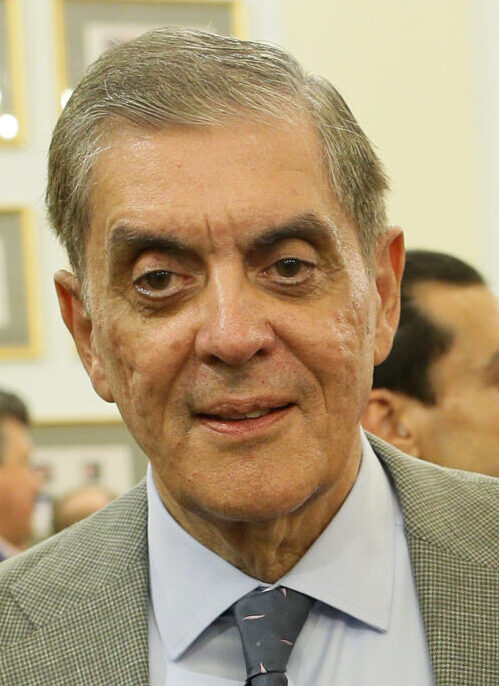
Romani Rose
Centràlo Sombeś e germanikane Sintenqo aj Rromenqo
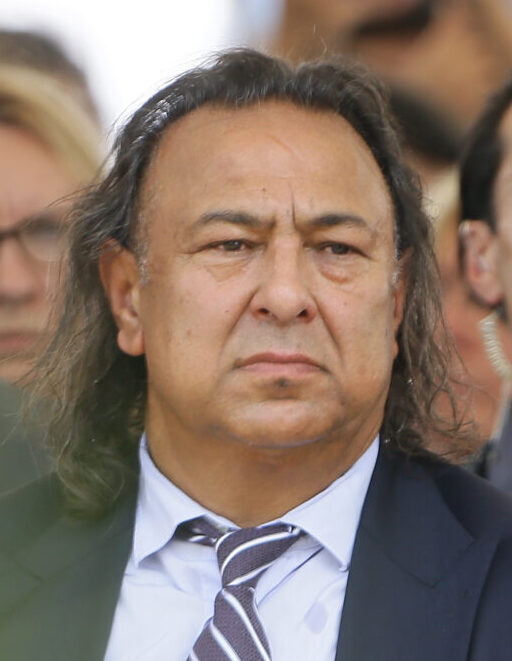
Roman Kwiatkowski
Asociàcia e Rromenqi and-i Pòlska
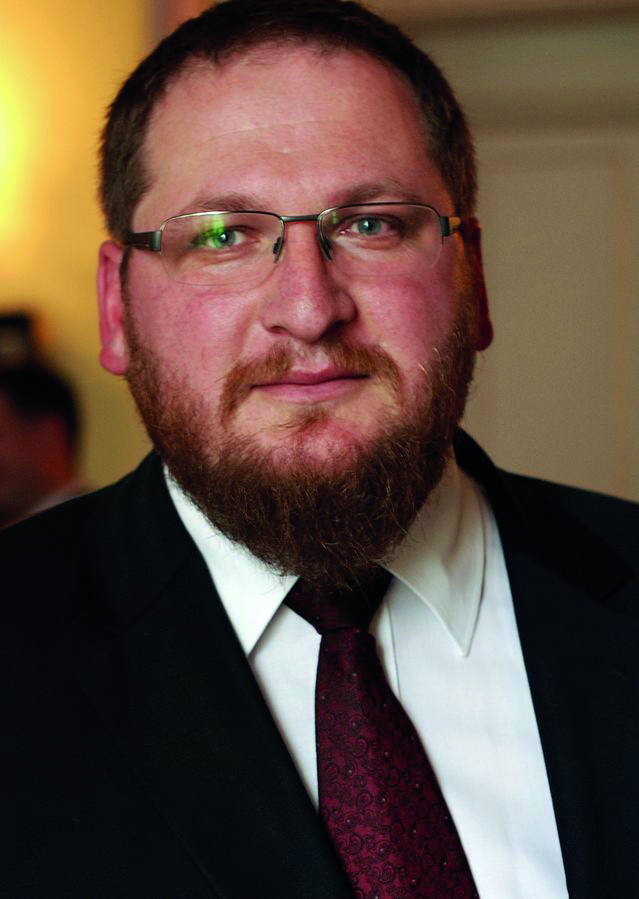
Piotr Cywinski
Direktòri e Themesqe Muzeosqo aj e Memioralone Thanesqo Auschwitz-Birkenau
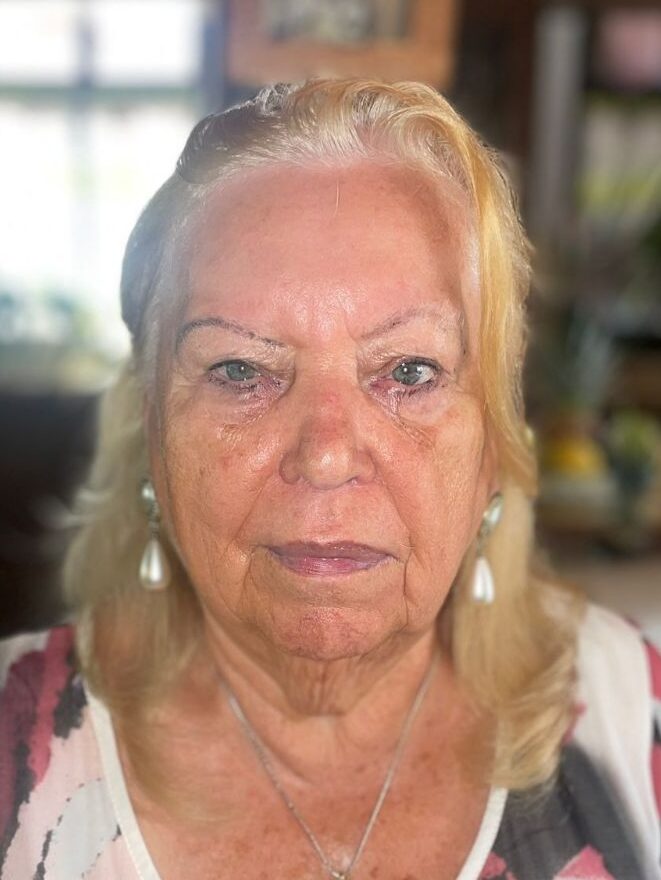
Alma Klasing
Praʒivdi e genocidesqi
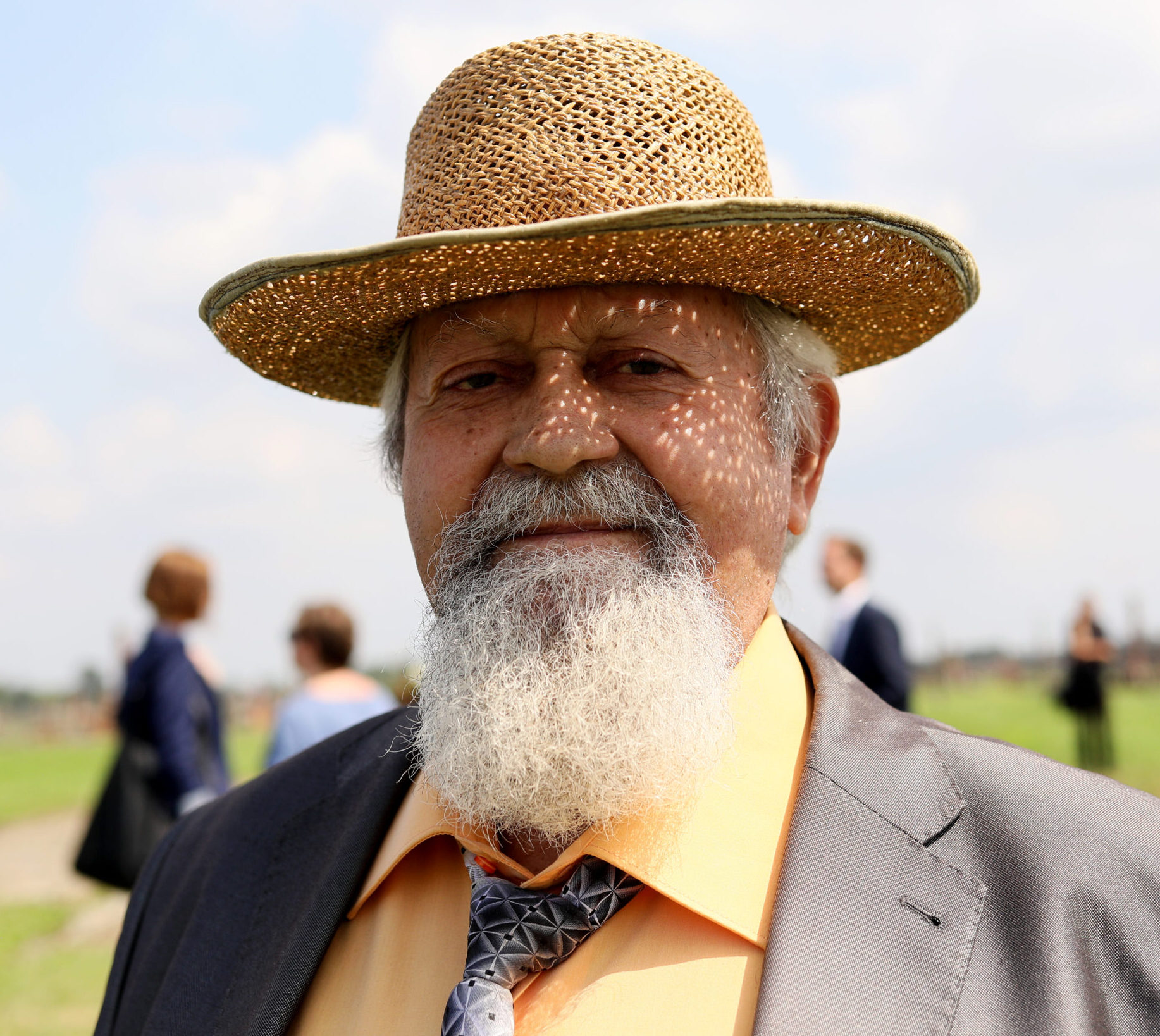
Bolesław Rumanowski
Praʒivdi e genocidesqi










